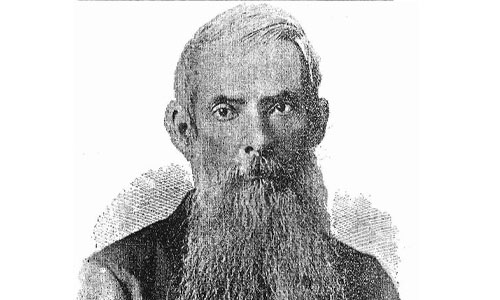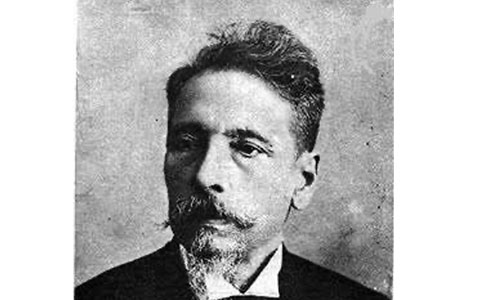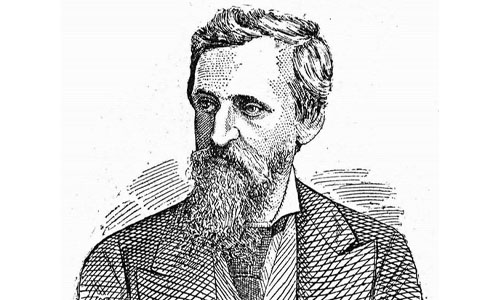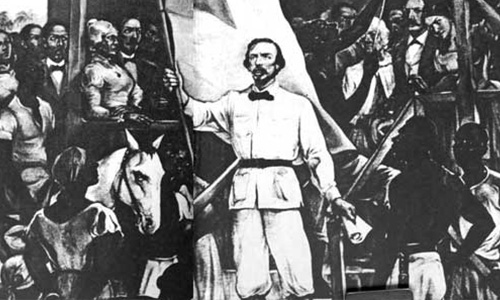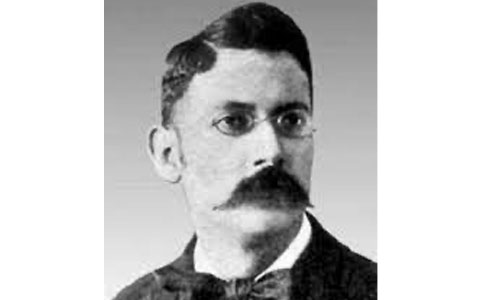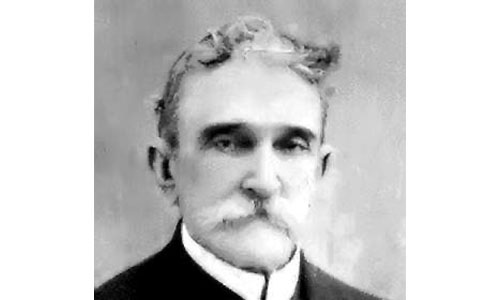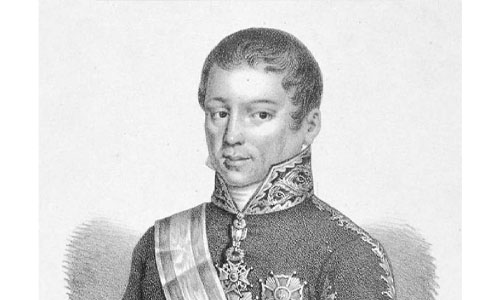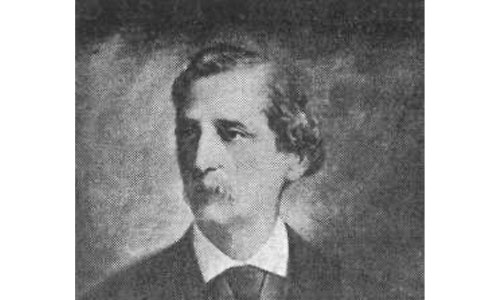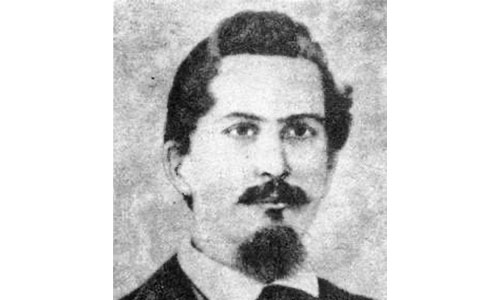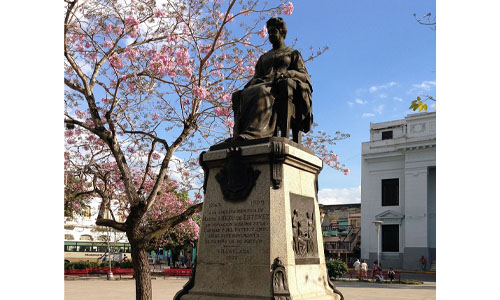Francisco Vicente Aguilera (1821-1877)
Born in Bayamo, Cuba. A leader in the Ten Years’ War (despite being son-in-law to former Spanish governor Kindelán), who freed his slaves and gave his substantial fortune to the patriot cause. The rebels’ minister of war and commander in Oriente, he eventually succeeded Cisneros Betancourt as rebel President, dying in New York, where he …

